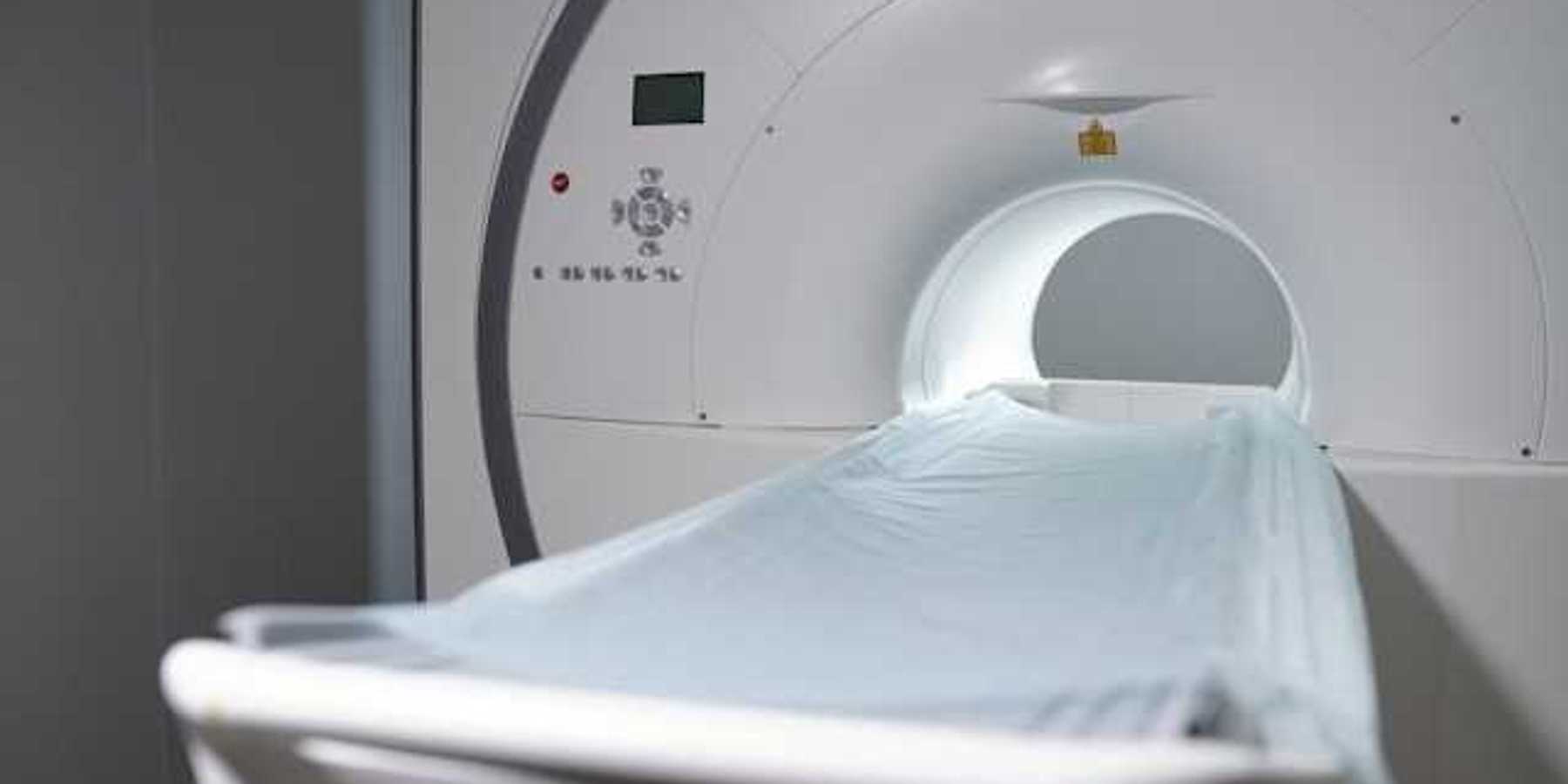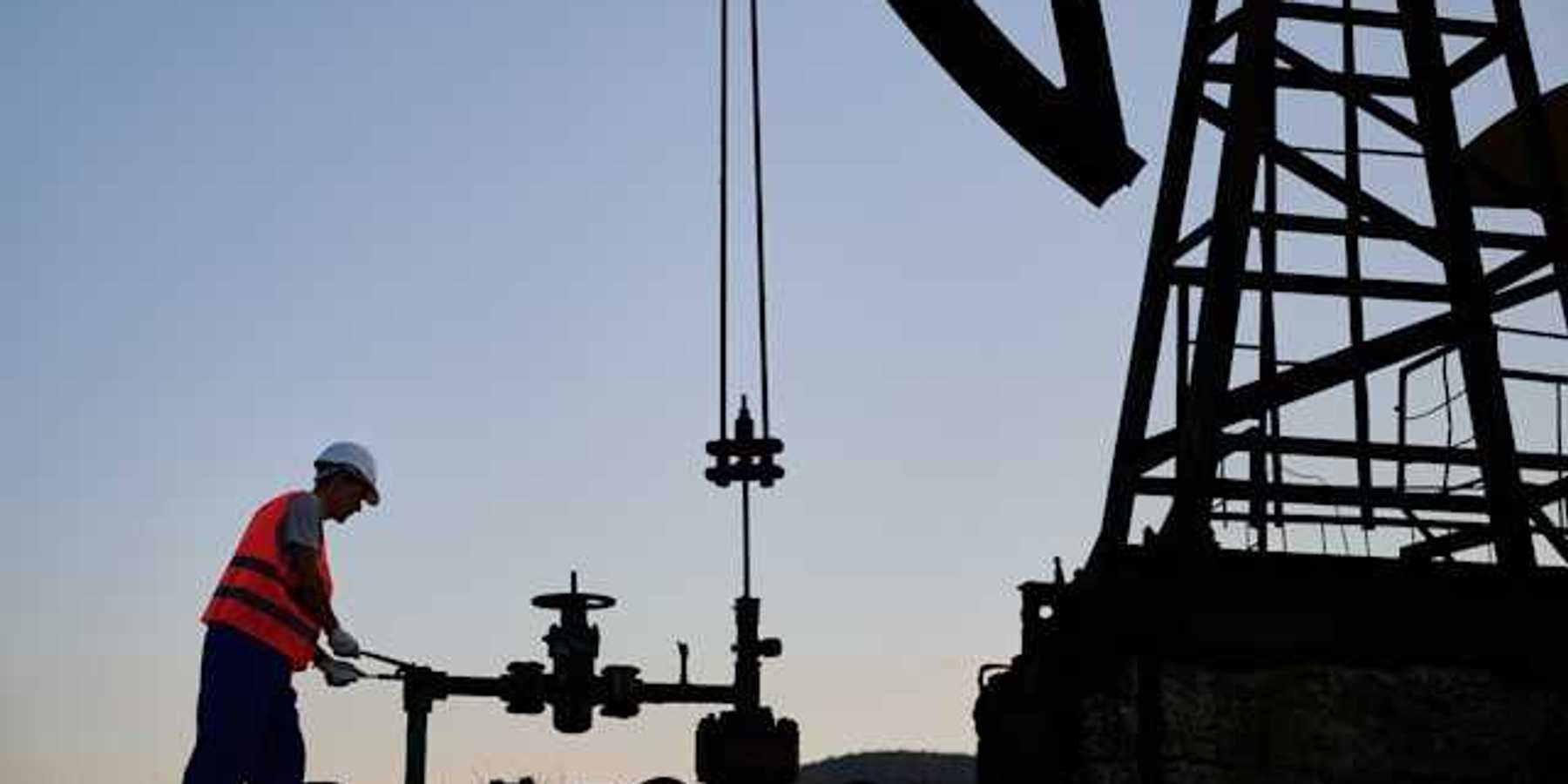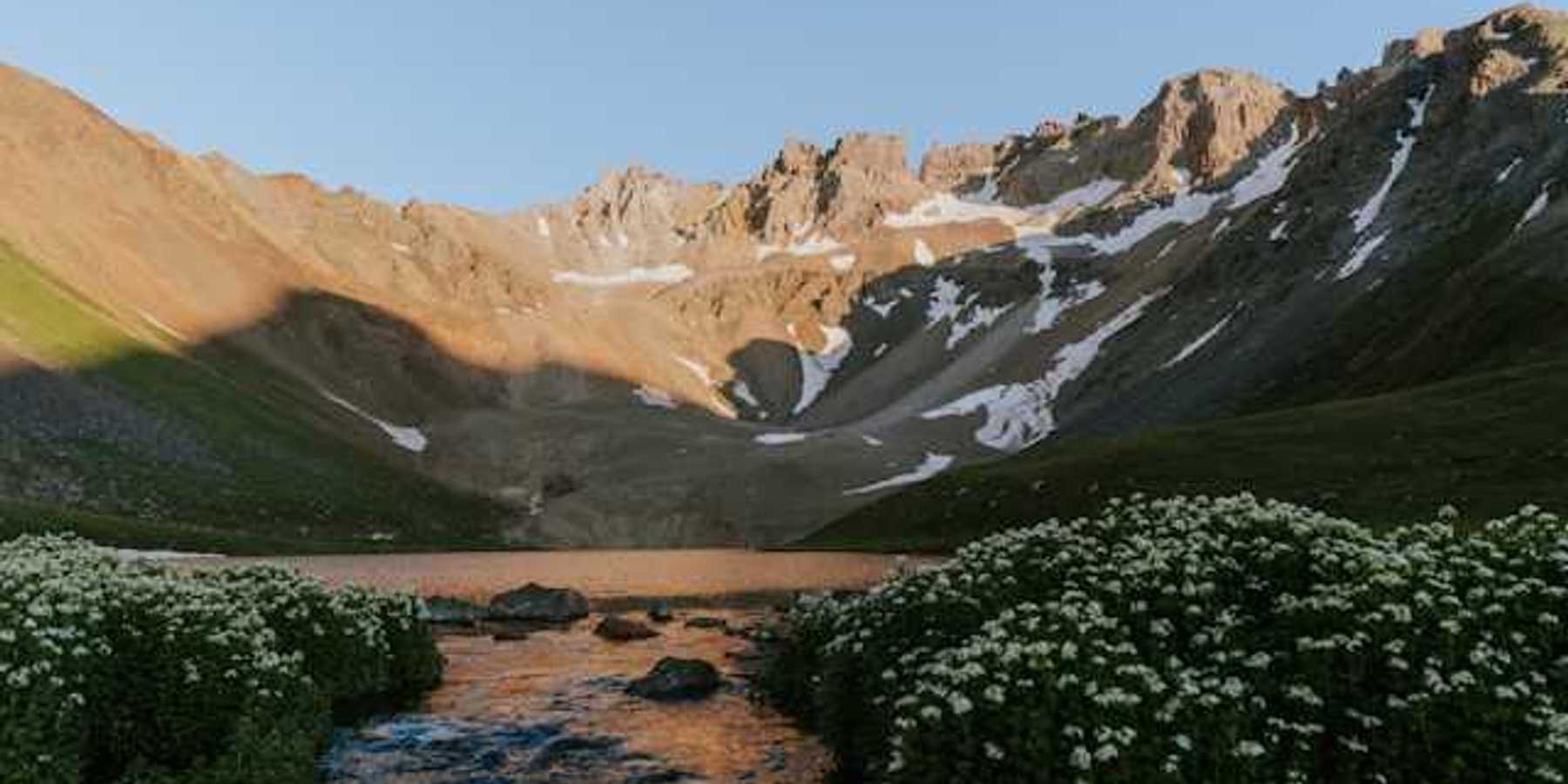Climate change could worsen space debris problem, study finds
Global warming is reducing atmospheric drag in low Earth orbit, allowing more space debris to accumulate and increasing risks for satellites, researchers report.
Seth Borenstein reports for The Associated Press.
In short:
- A study from MIT finds that climate change could shrink the available space for satellites in low Earth orbit by up to 82% by 2100.
- As greenhouse gases cool and thin the upper atmosphere, there is less drag to pull space debris down, leading to a more cluttered orbit.
- Millions of pieces of space junk, including old satellite fragments and rocket parts, pose a collision risk, threatening critical satellite functions like navigation and communication.
Key quote:
“We rely on the atmosphere to clean up our debris. There’s no other way to remove debris. It’s trash. It’s garbage. And there are millions of pieces of it.”
— Will Parker, astrodynamics researcher at MIT
Why this matters:
Space is becoming increasingly congested, and climate change is making it worse. With thousands of satellites essential for communication, weather forecasting, and security, a more cluttered orbit raises risks of collisions that could disrupt global systems. The problem stems from a cooling upper atmosphere, which slows the natural process of debris re-entering and burning up. If unchecked, the buildup of space junk could lead to a cascade of collisions, making parts of Earth's orbit unusable.
Read more: Musk’s Starlink launches spark calls from scientists for a federal review of environmental risks













